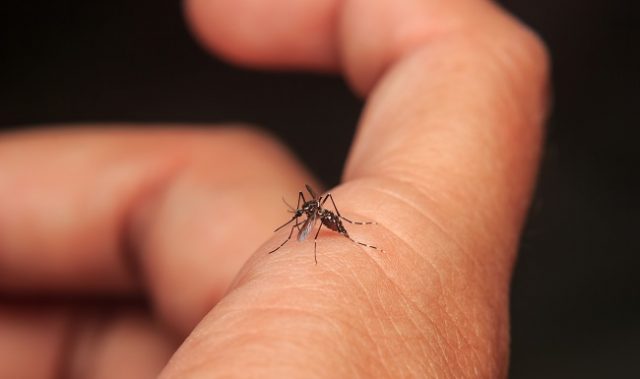
AsianScientist (Aug. 17, 2016) – Researchers have predicted that the transmission of dengue could decrease in a future warmer climate in Australia.
The study, published in Epidemiology and Infection and led by study co-leader Associate Professor David Harley from the Australian National University, counter previous projections that climate change would cause the potentially lethal virus to spread more easily.
According to their projections, the risk of dengue might decrease in the wet tropics of Northeast Australia under a high-emissions scenario in 2050, due to mosquito breeding sites becoming drier and less favorable to their survival.
“There is significant concern in countries on the margin of the tropical areas where dengue is mainly found, that with global warming dengue and other mosquito-borne viruses such as Zika will encroach and become common,” Harley said.
“While climate change generally poses a major threat to humanity, it also may reduce the incidence of dengue in some areas.”
However, the research findings did not suggest that authorities could be complacent about climate change’s effect on people’s health, he warned.
“Generally, health and other impacts of climate warming will be negative in Australia and elsewhere in the world,” he said. “While we could see some reduction in dengue in far north Queensland in a future warmer climate, the disease is widespread elsewhere in the world where outcomes would be different.”
The article can be found at: Williams et al. (2016) Projections of Increased and Decreased Dengue Incidence Under Climate Change.
———
Source: Australia National University; Photo: Pixabay.
Disclaimer: This article does not necessarily reflect the views of AsianScientist or its staff.












